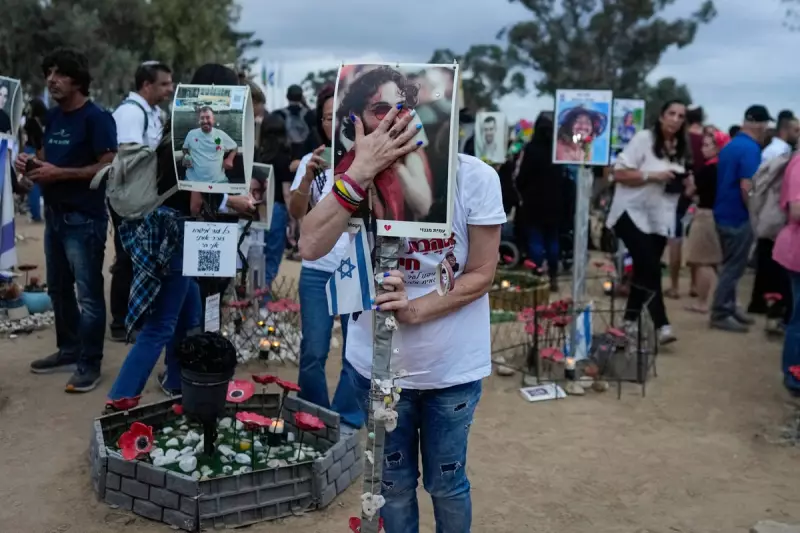
Two years have passed since the devastating October 7th attacks that saw Hamas militants breach Israel's heavily fortified border, but the seismic shockwaves continue to reshape the nation's security paradigm and political landscape.
A Nation Forever Changed
The coordinated assault that left approximately 1,200 Israelis dead and saw 240 others taken hostage represented more than just a security failure—it became a national trauma that fundamentally altered Israel's perception of its own invulnerability.
"October 7th wasn't merely an attack; it was a tectonic shift in Israel's strategic reality," explains Dr. Aaron Cohen, a Middle East security analyst at Tel Aviv University. "The concept of deterrence that had defined Israeli security policy for decades evaporated in a single morning."
The Security Reckoning
In the immediate aftermath, Israel launched one of the most intensive military campaigns in its history, vowing to dismantle Hamas's military capabilities and secure the return of all hostages. The human cost has been staggering, with Gaza health officials reporting over 38,000 Palestinian deaths.
The conflict has exposed deep divisions within Israeli society and government, particularly regarding:
- The intelligence failures that allowed the attack to occur
- Ongoing hostage negotiations and ceasefire efforts
- The political future of Prime Minister Benjamin Netanyahu
- Israel's deteriorating international standing
Regional Implications
The war has spilled beyond Gaza's borders, triggering regular exchanges of fire with Hezbollah in Lebanon and drawing in Iranian-backed militias across the region. The conflict has tested longstanding alliances while creating unexpected diplomatic opportunities with regional neighbours.
As Professor Miriam Bernstein of the Institute for National Security Studies notes: "Israel finds itself fighting a multi-front conflict while simultaneously navigating unprecedented international isolation. The strategic environment has become exponentially more complex."
The Human Toll
Beyond the geopolitical implications, the personal tragedies continue to unfold. Families of the remaining hostages maintain constant vigil, their anguish compounded by political deadlock that has hampered negotiation efforts.
Meanwhile, hundreds of thousands of Israelis remain displaced from northern communities due to ongoing rocket fire from Lebanon, creating a humanitarian crisis within Israel's own borders.
Two years on, the wounds of October 7th remain raw, the security challenges immense, and the path forward uncertain. The attacks have irrevocably changed not just Israel's security doctrine, but its very national psyche.





